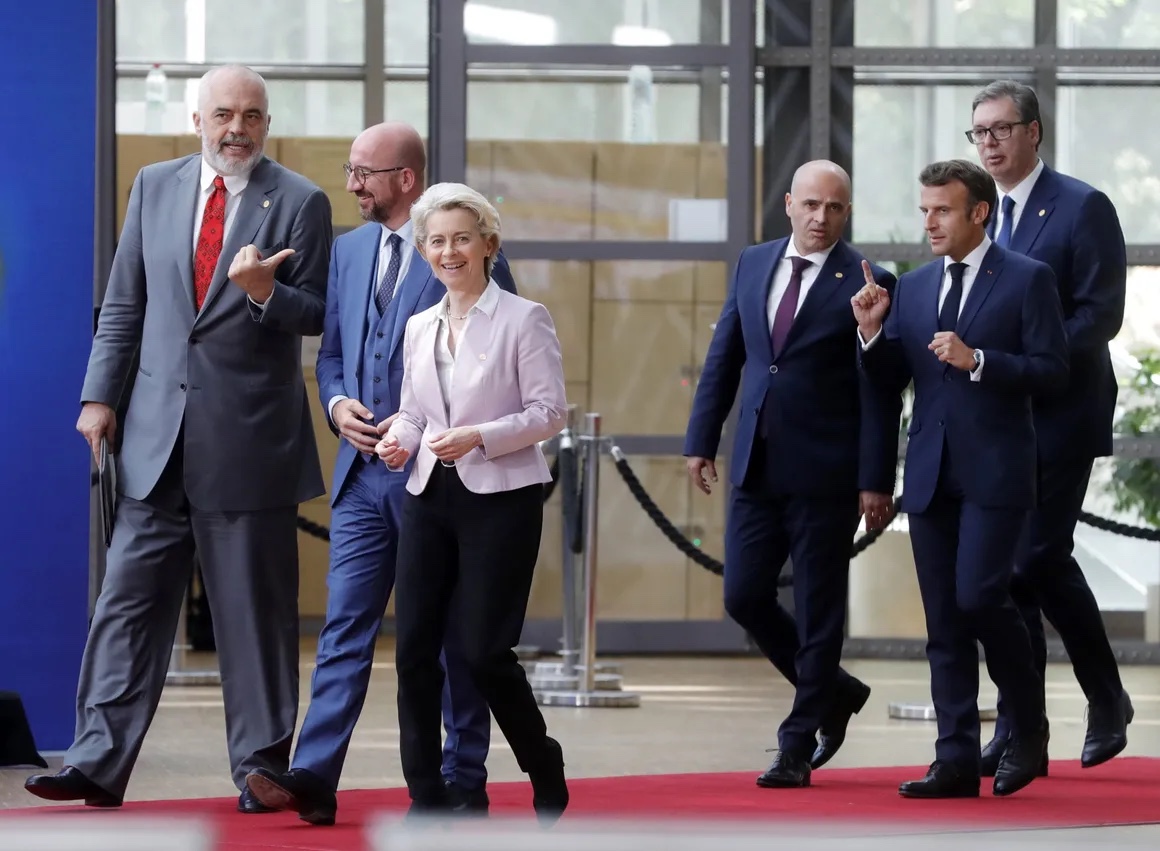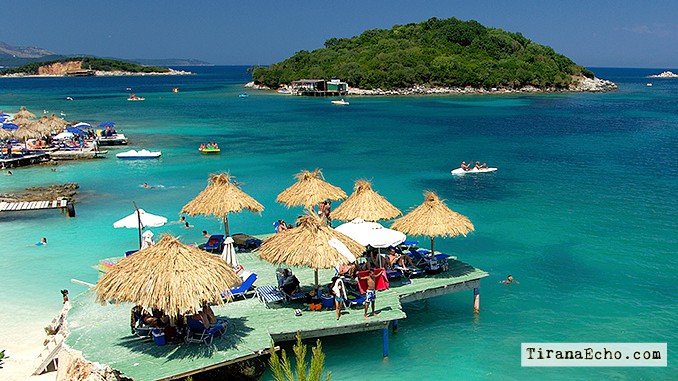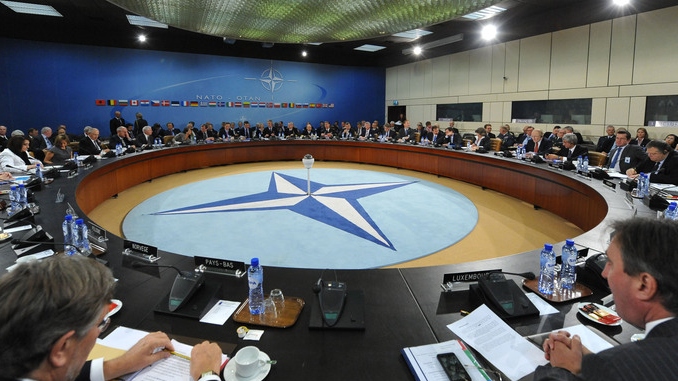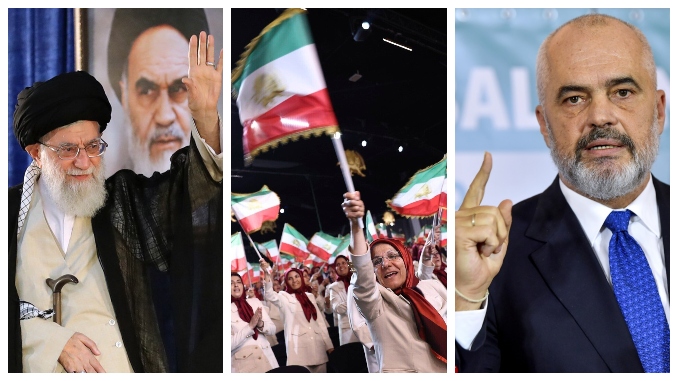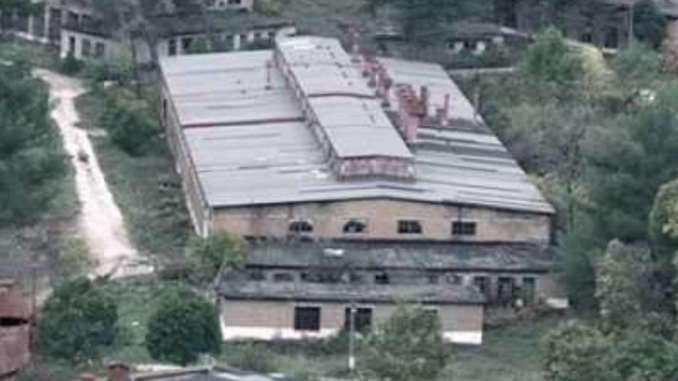Bangladesh officially recognizes Kosovo as an independent state
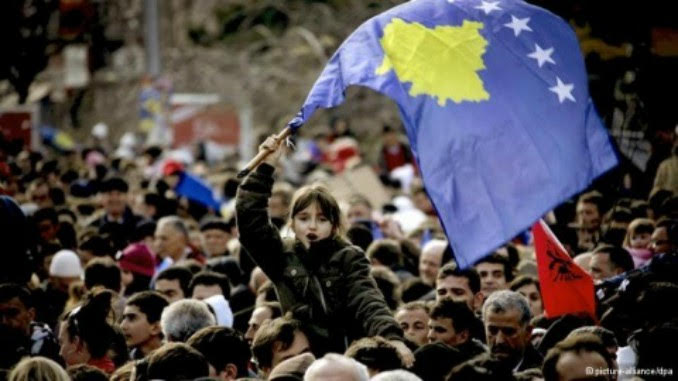
Bangladesh has become the 114th country to recognize Kosovo’s independence after its Cabinet has approved the recognition of The Republic of Kosovo as a sovereign and independent country.
With this approval, Bangladesh has become the 114th country to recognize the independence of Kosovo. Cabinet Secretary Mohammad Shafiul Alam briefed the reporters after the regular cabinet meeting at the secretariat on Monday.
“The cabinet gave its nod to the proposal for recognizing Kosovo as an independent and sovereign state,” Shafiul said while briefing reporters.
Bangladesh, he said, will be the 114th country to recognize the independence of the country since its declaration of independence from Serbia on February 17, 2008.

Prime Minister Sheikh Hasina presides over the weekly cabinet meeting at the secretariat on Monday, February 27, 2017 PID
Alam said so far 113 countries including the United States, UK, France and 36 OIC countries out of 57 have recognized the republic.
Serbia lost control of the Albanian majority country when Nato air strikes forced Belgrade to withdraw its troops in 1999 while the military alliance still has around 5,000 troops stationed in Kosovo to keep the fragile peace.
Serbia, its ally Russia and several other countries also refused to recognize the 2008 declaration of independence.
Earlier, the Ministry of Foreign Affairs placed the proposal to the cabinet for approval.
The history of struggle
Yugoslavia became a communist country in 1945 under the command of Marshal Josip Broz Tito, who dealt with independence-minded residents by creating six republics – Croatia, Montenegro, Serbia, Slovenia, Bosnia-Herzegovina and Macedonia. Kosovo was given autonomous status. In 1981, the Yugoslav army was sent into the province when Albanian students rioted over poor living conditions.
In 1989, Kosovo was stripped of its autonomy by the Yugoslav government of Slobodan Milosevic, who sent in the army again. This did not stop the country’s ethnic Albanian leaders from declaring independence the following year. The Milosevic government dissolved the provincial government and fired more than 100,000 ethnic Albanian workers. Soon after, Slovenia, Croatia and Bosnia declared independence from Yugoslavia, and in 1992, war broke out in the Balkans. Nato launched air strikes against Serbia in 1999, and Albanian refugees poured out of Kosovo telling stories of Serbian atrocities.

Crowded market place on Ilir Konusheci street in Pristina the capital of Kosovo. Kosovo is a disputed territory and partially recognized state in southeast Europe Bigstock
The country unilaterally declared independence from Serbia in February 2008, after years of strained relations between its Serb and mainly Albanian inhabitants. It has been recognised by the United States and major European Union countries, but Serbia, backed by its powerful ally Russia, refuses to do so, as do most of ethnic Serbs that inhabit it.
Until 2008 the province was administered by the UN. Reconciliation between the majority Albanians, most of whom support independence, and the Serb minority remains elusive.
In 2013, Kosovo and Serbia reached a landmark agreement on normalizing relations that grants a high degree of autonomy to Serb-majority areas in northern, while both sides agreed not to block each other’s efforts to seek EU membership.
Source: Dhaka Tribune

